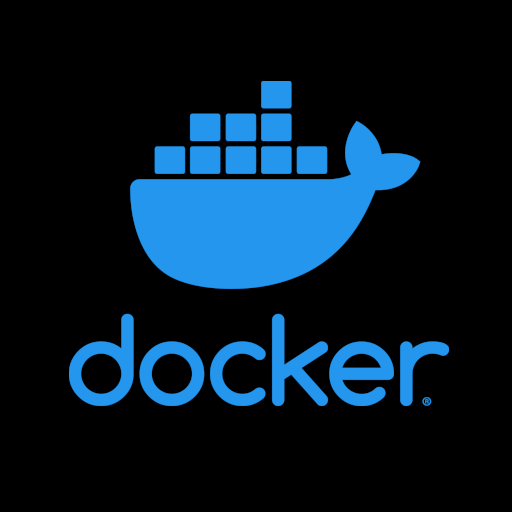Not necessarily without concern. Some containers have startup scripts that chown or chmod all files in some locations. It can mess up access for other containers if shared.
- 0 Posts
- 4 Comments
Joined 2 years ago
Cake day: July 2nd, 2023
You are not logged in. If you use a Fediverse account that is able to follow users, you can follow this user.
First will be shared files between the container in a single named volume. The others will create 2 named volumes pointing at different files with example1 from the 3rd not being on NFS.
It’s very likely that your disk is failing.
dd if=/path/to/file.mkv of=/new/file/path.mkv conv=noerror,sync bs=4kShould give you a file with just the damaged bits missing.



It can often improve performance and memory latency and usually only has a minor CPU performance impact as it trades cycles waiting for memory for cycles decompressing memory. It is usually decent even on low power embedded devices.
There are a few edge cases where ZRam is not great. If your data is already compressed or encrypted copying it around in memory is much more expensive. It’s also harder to tell exactly how much data can be loaded into the “free” memory. It’s also a bit slower for serialized memory access in large data sets if the compression ratio is low.